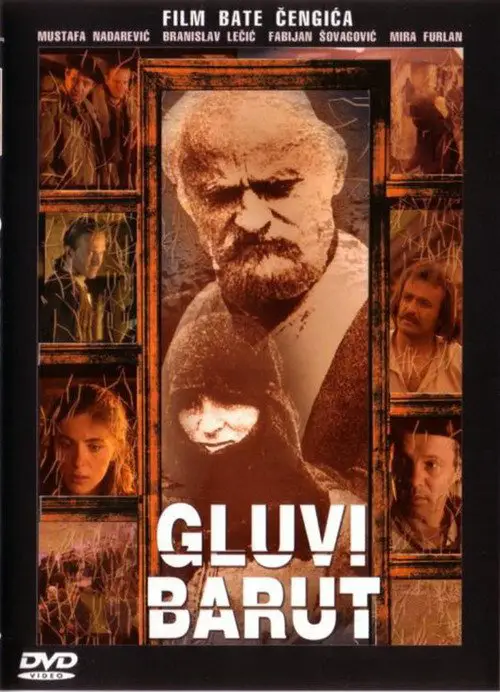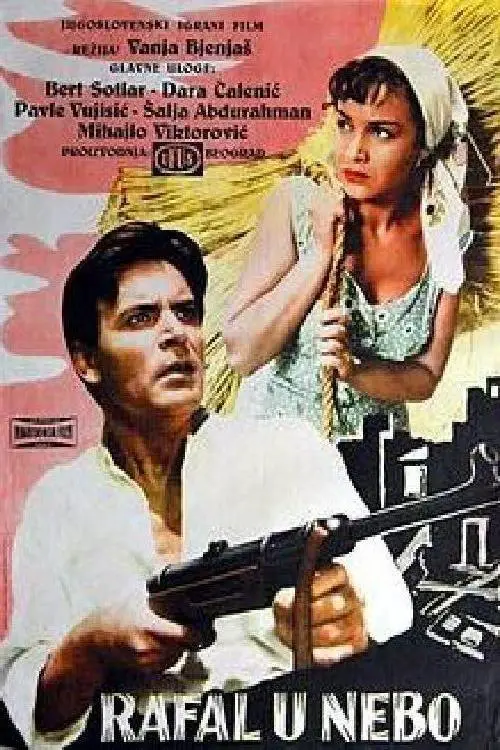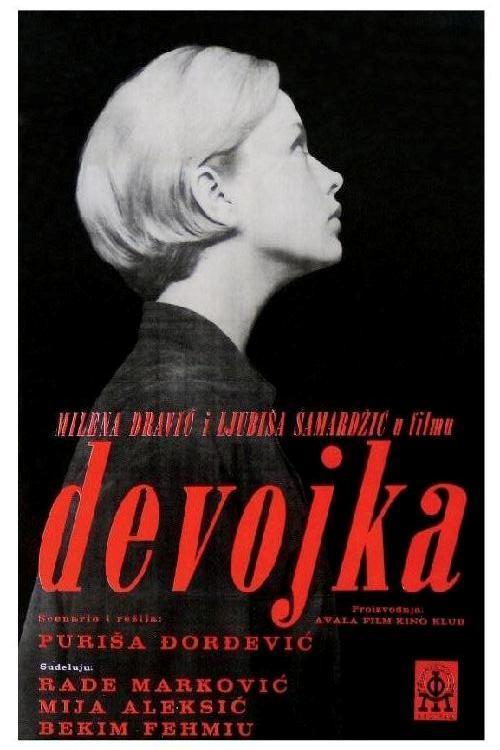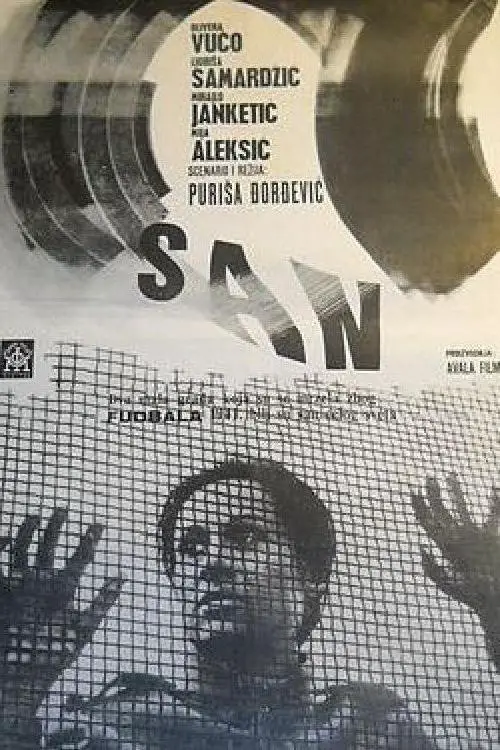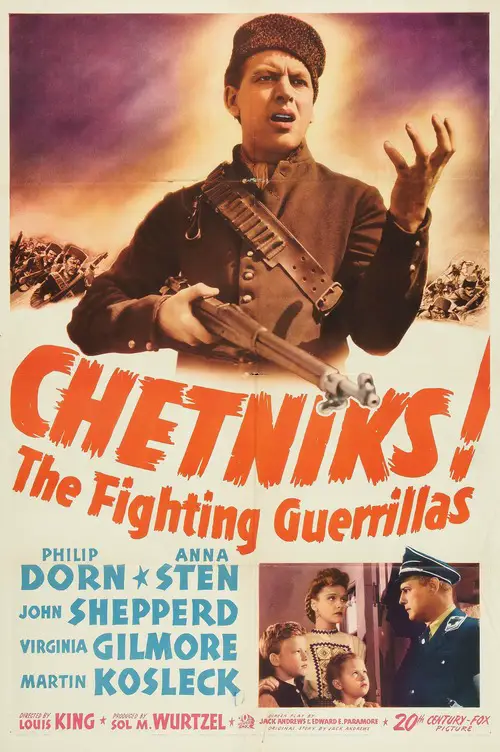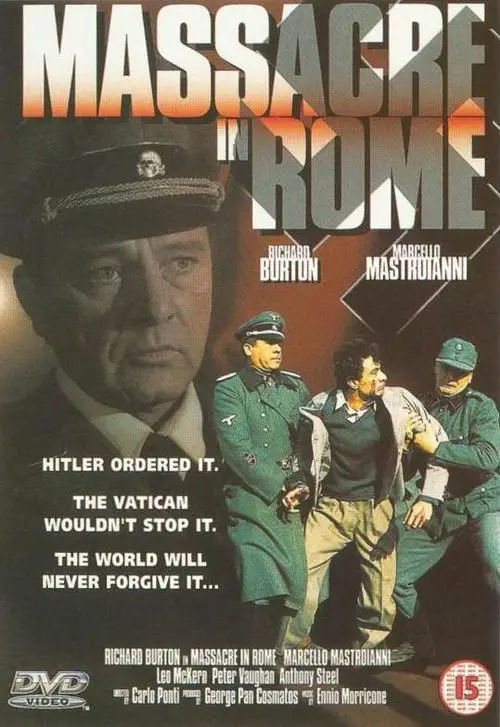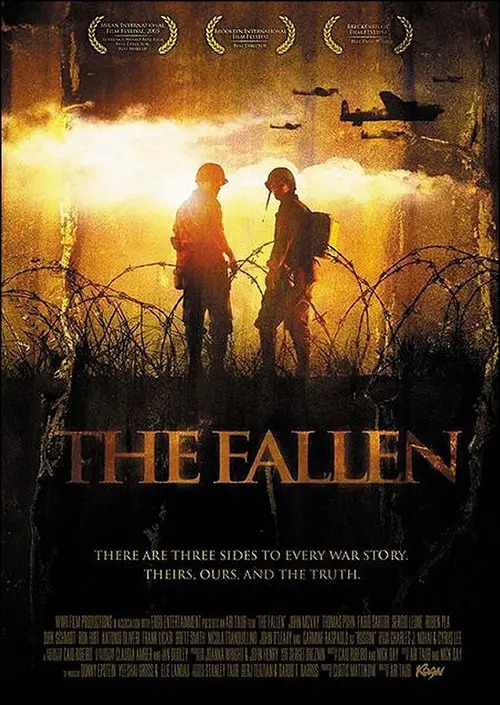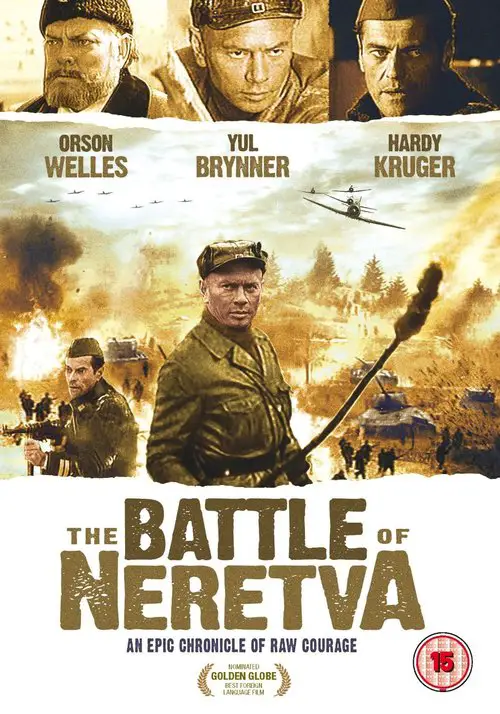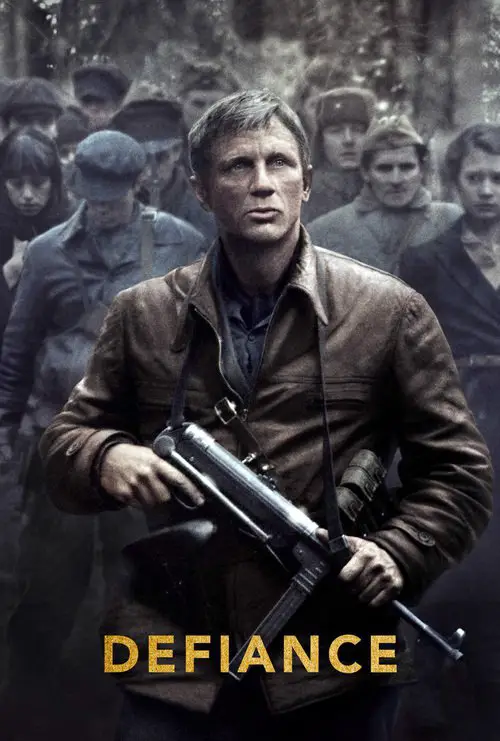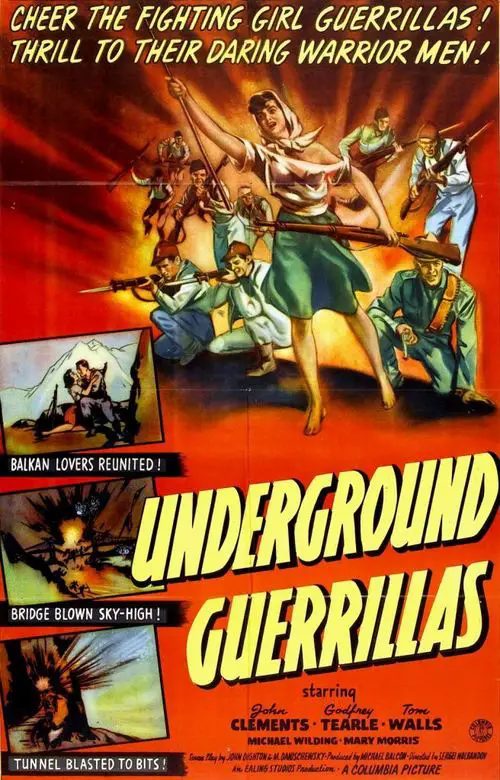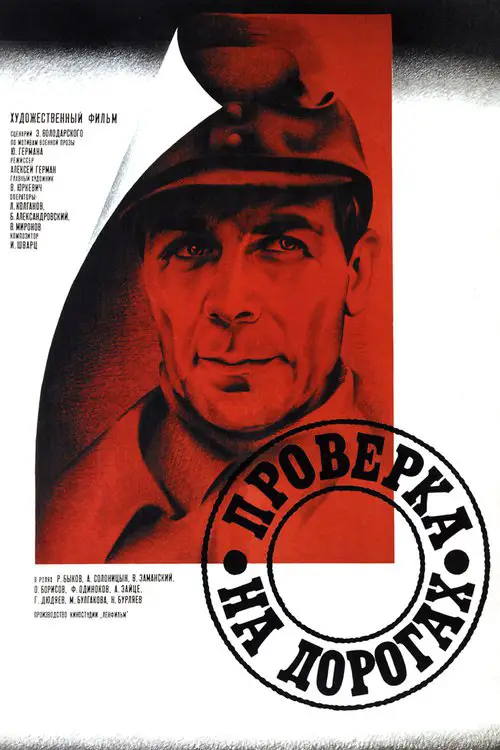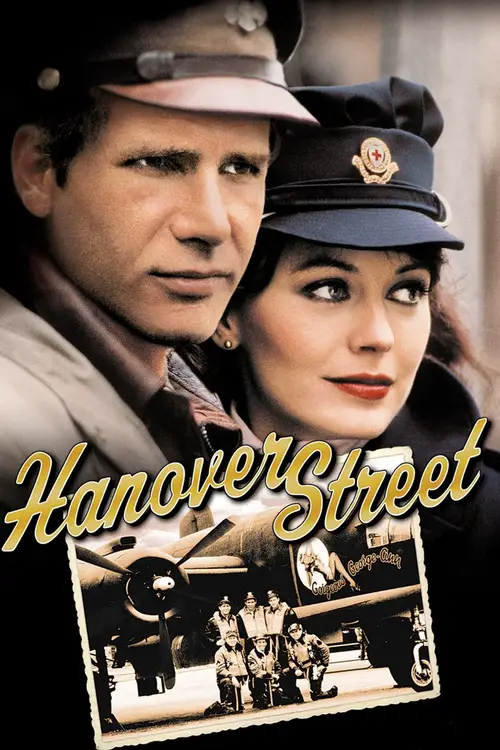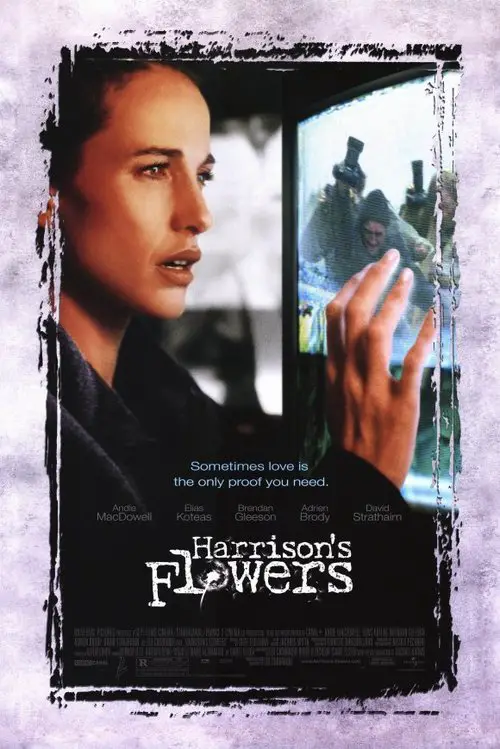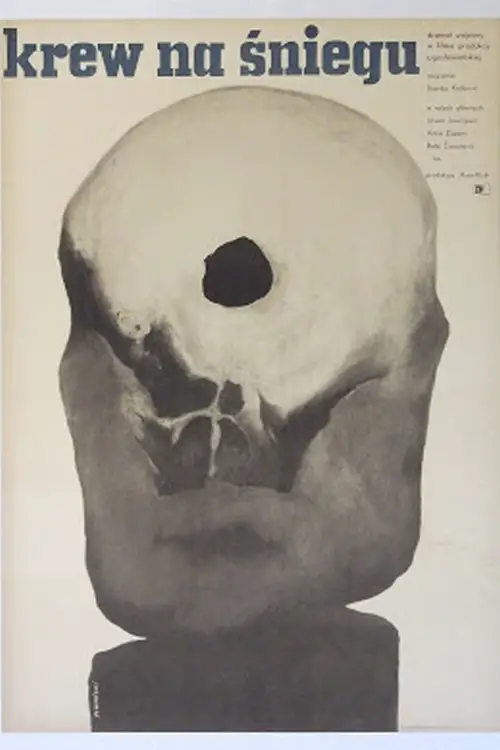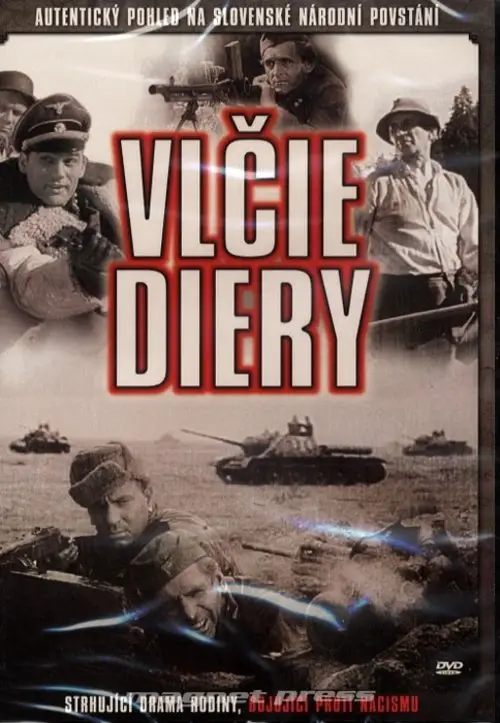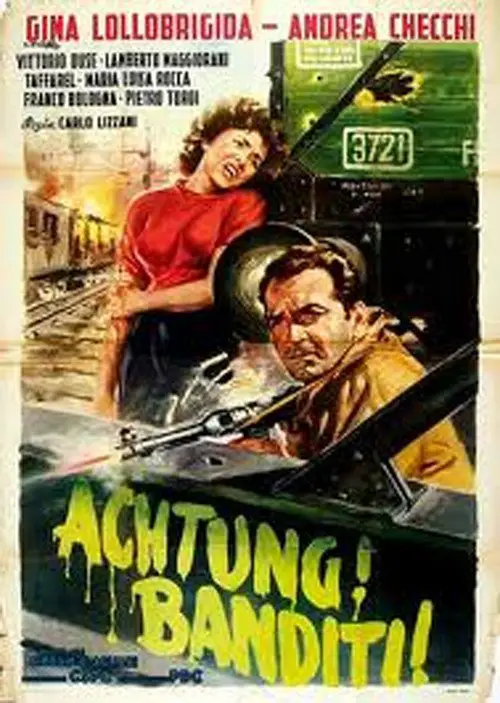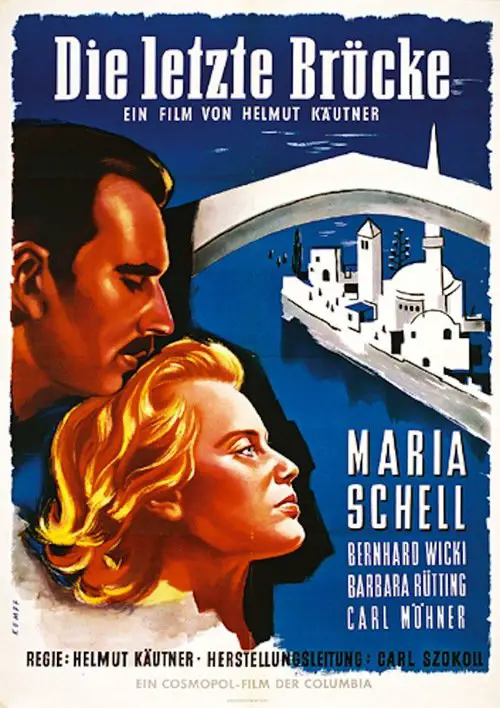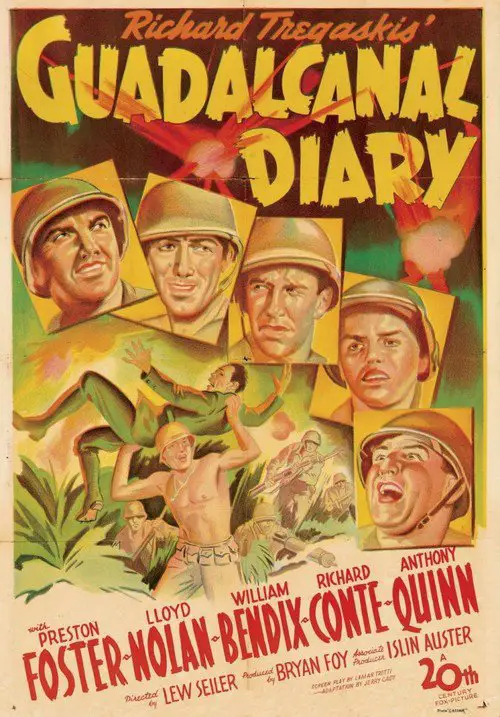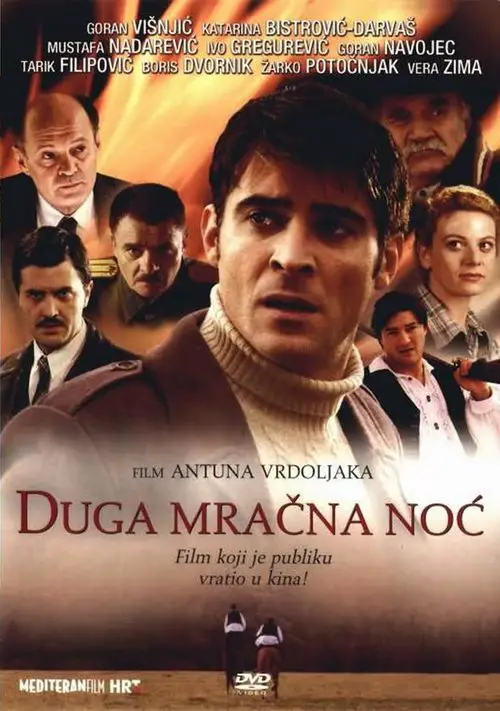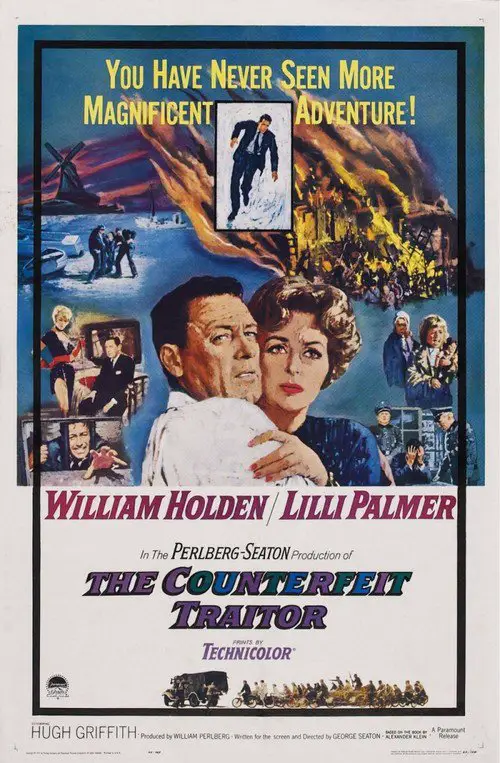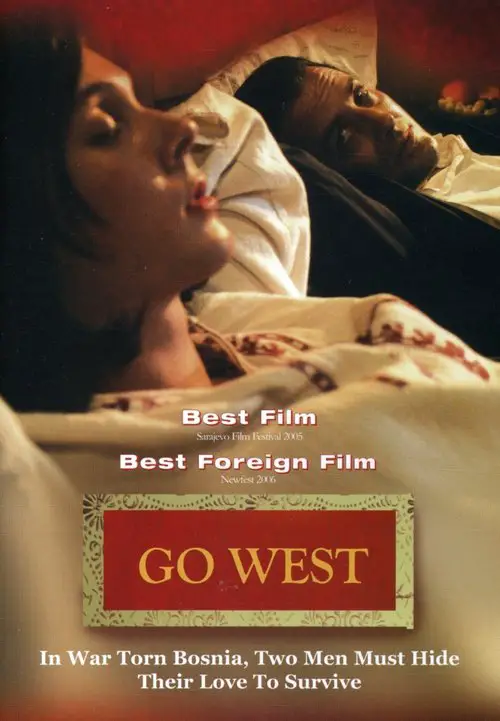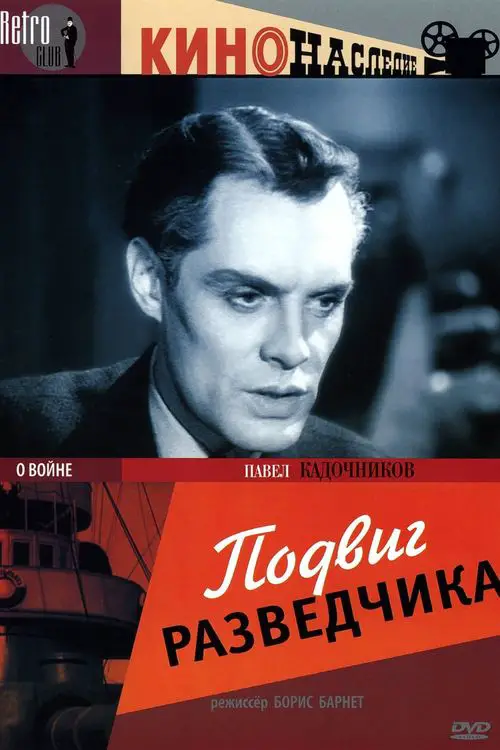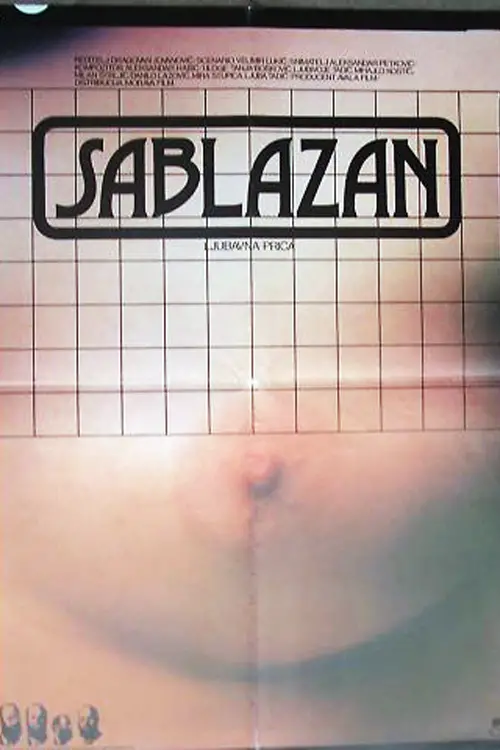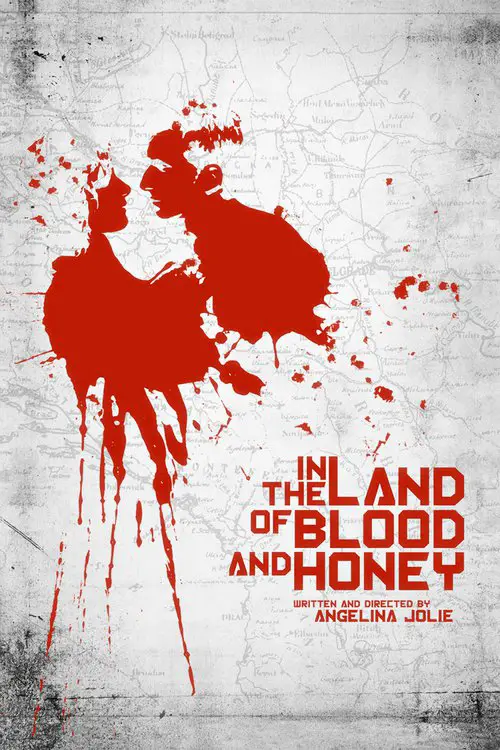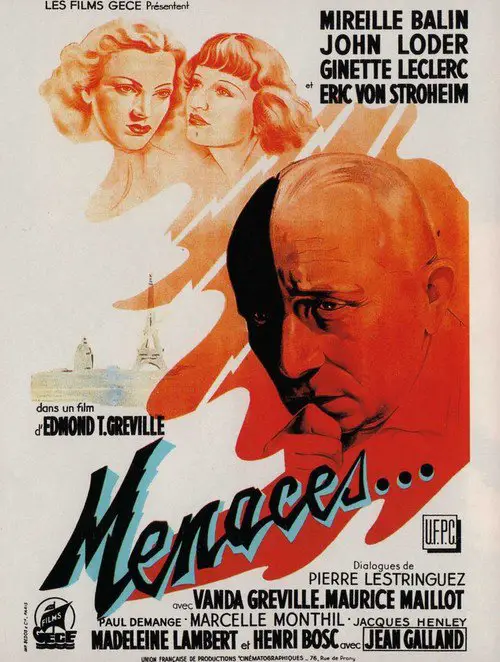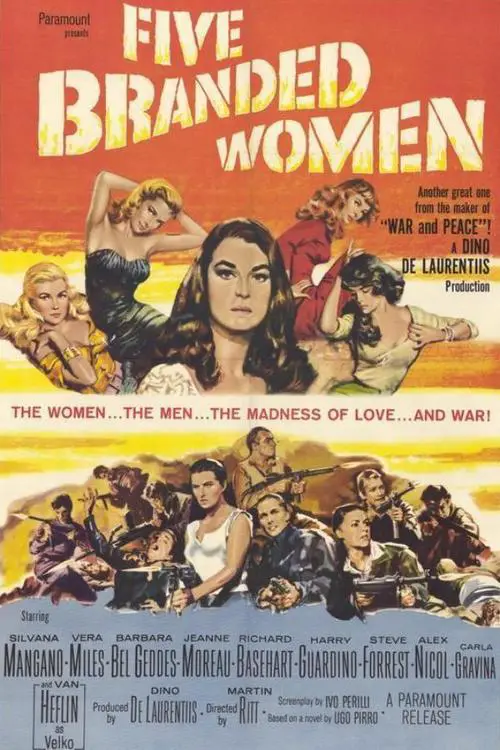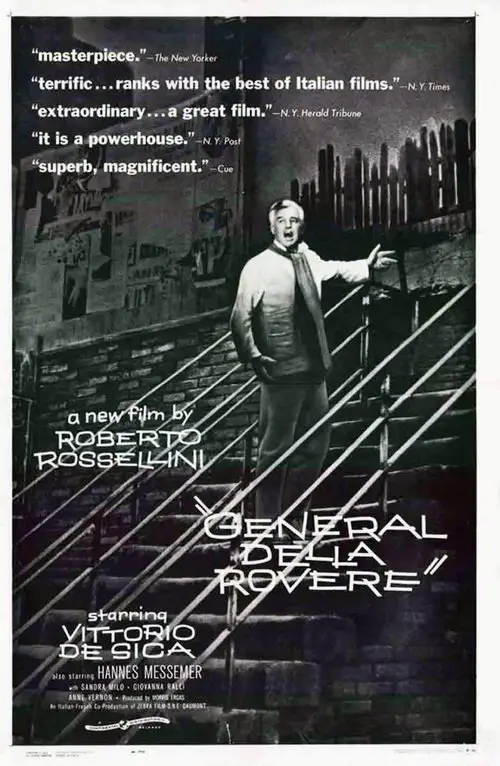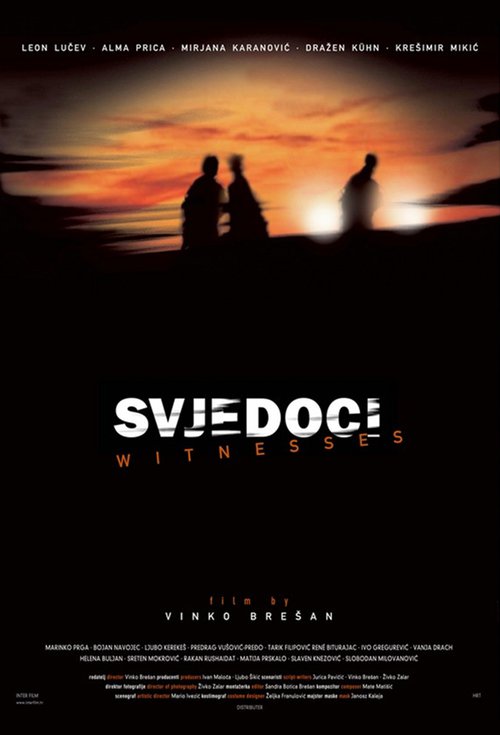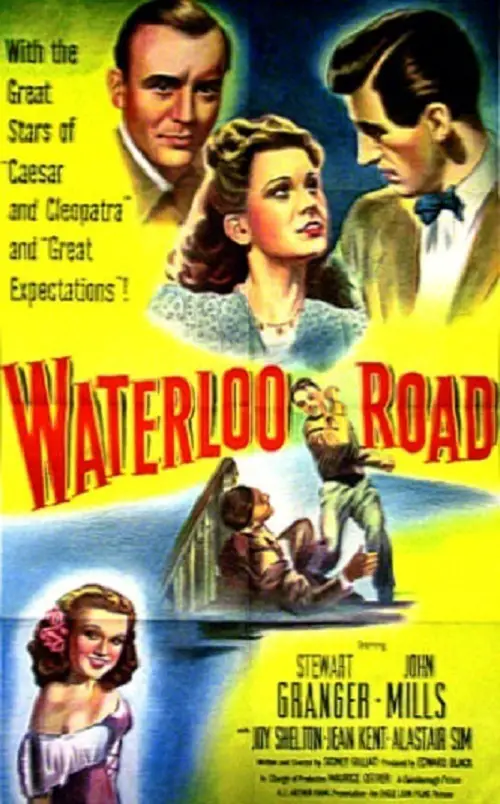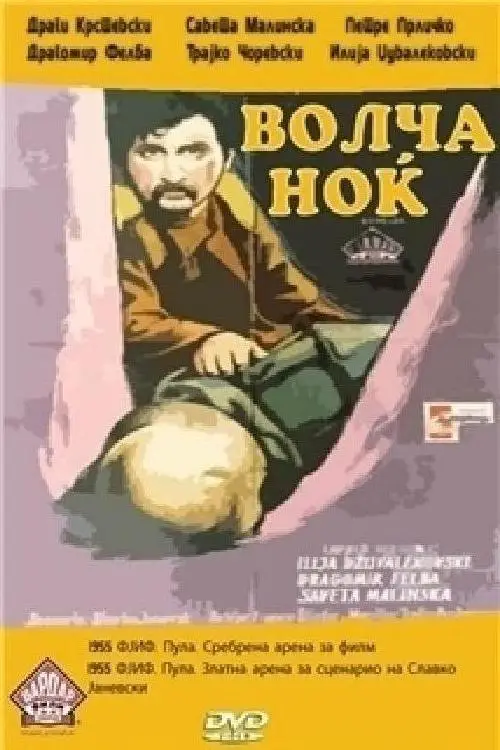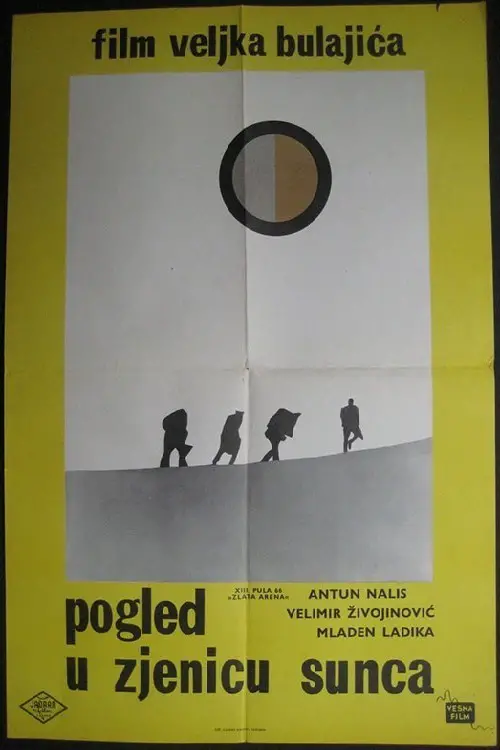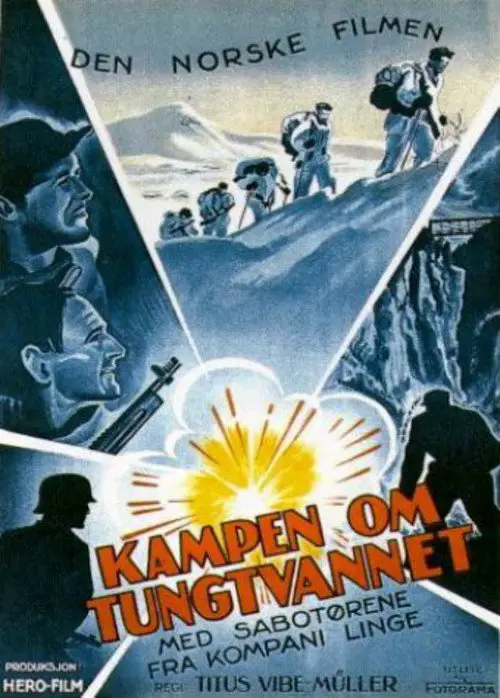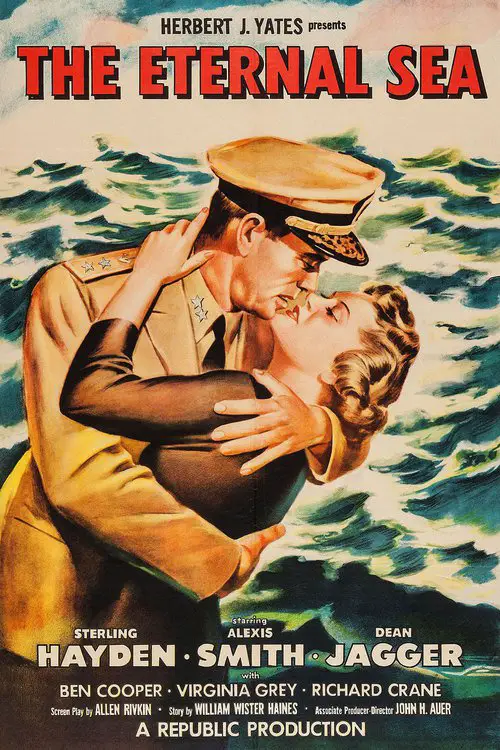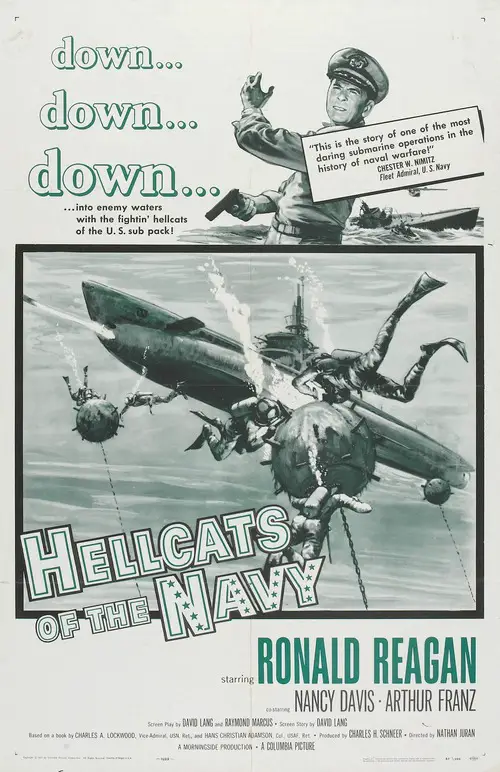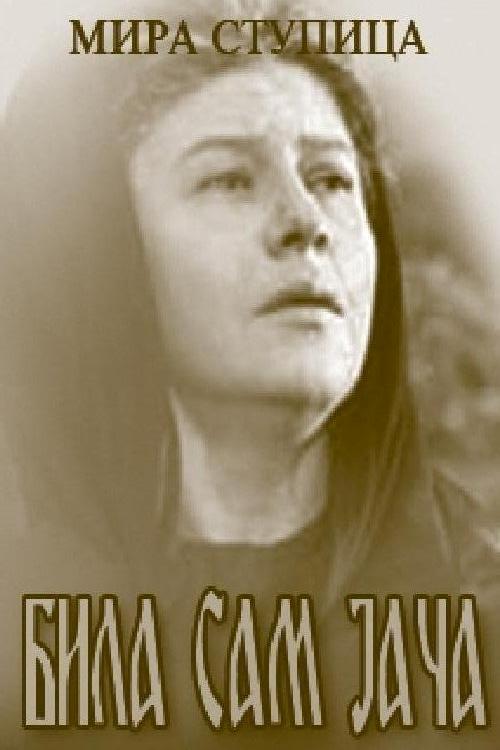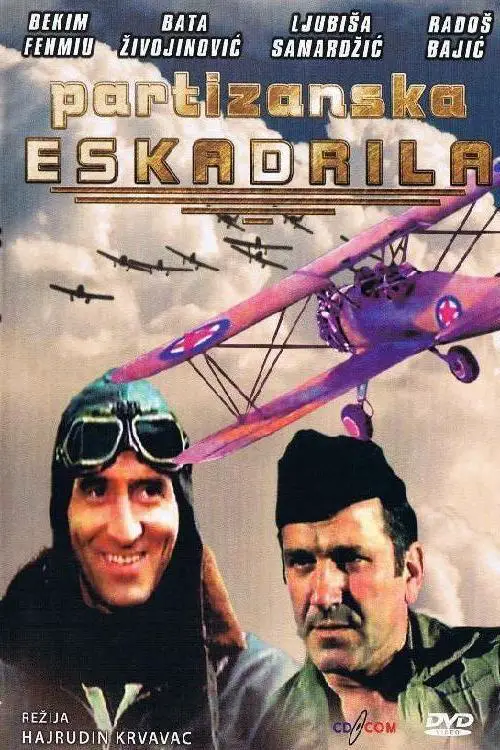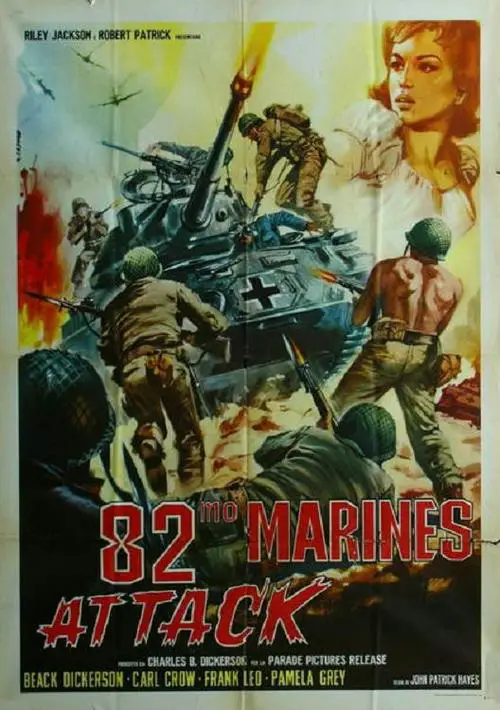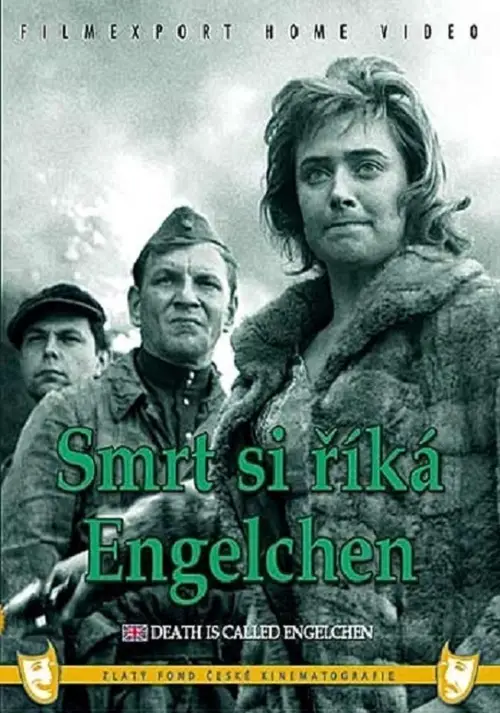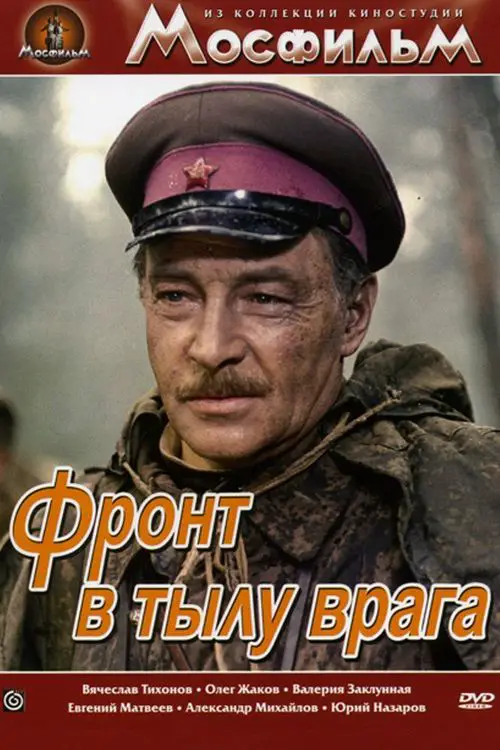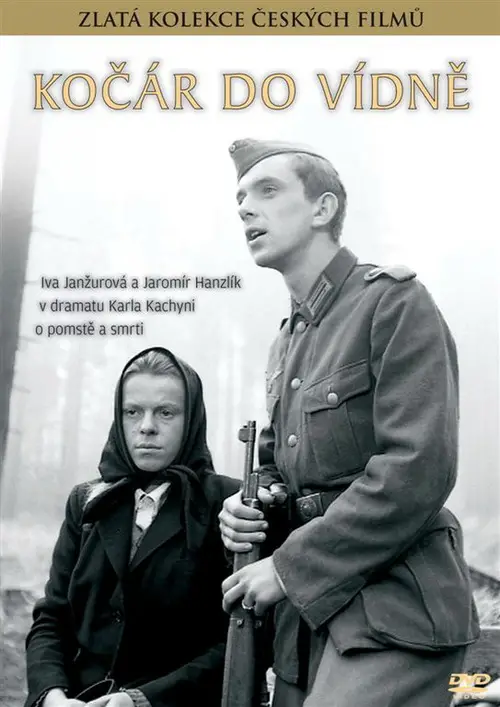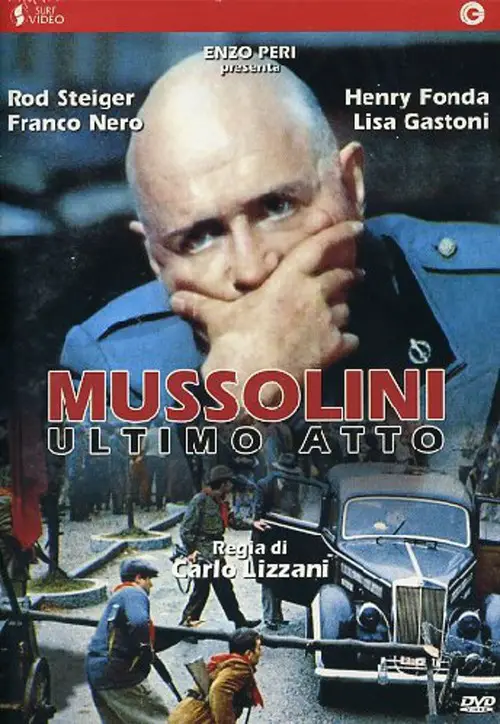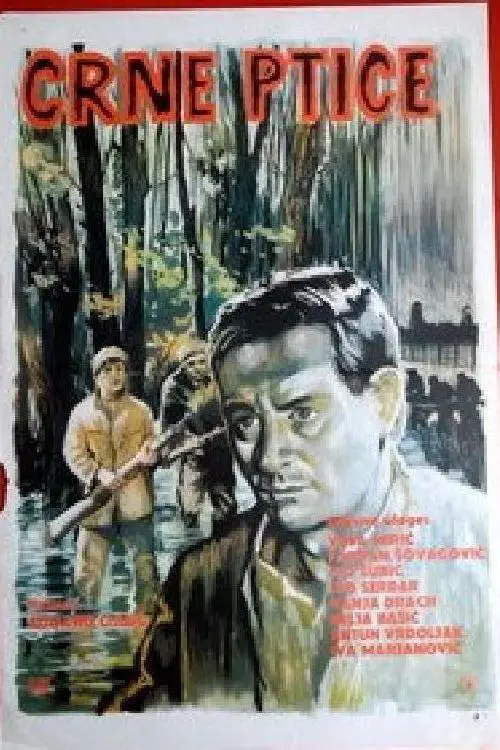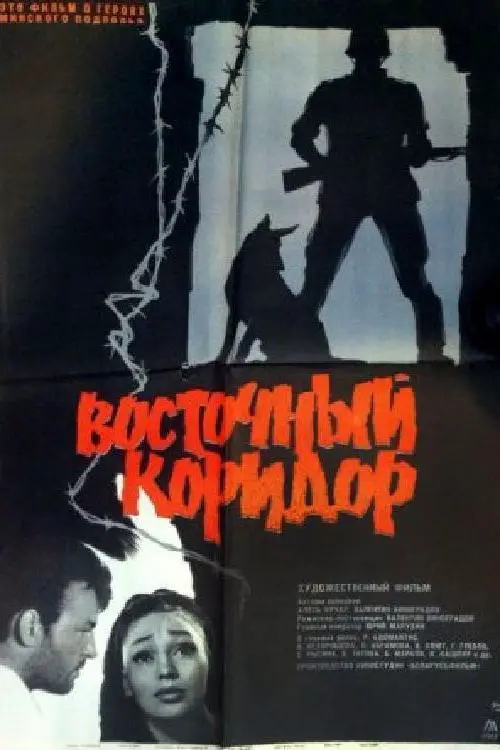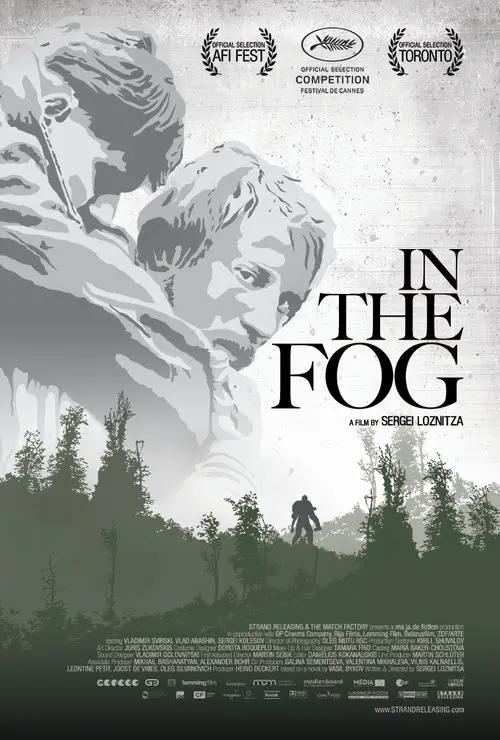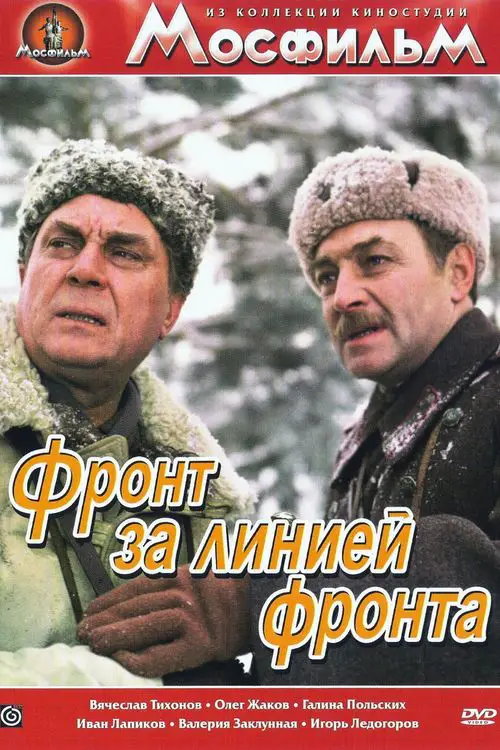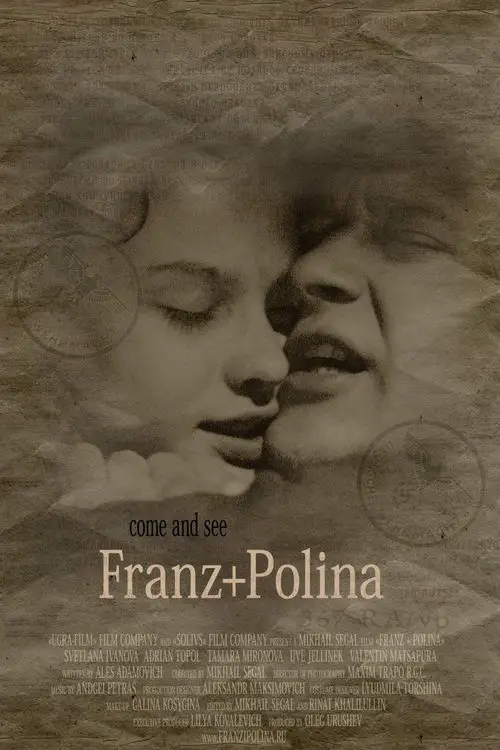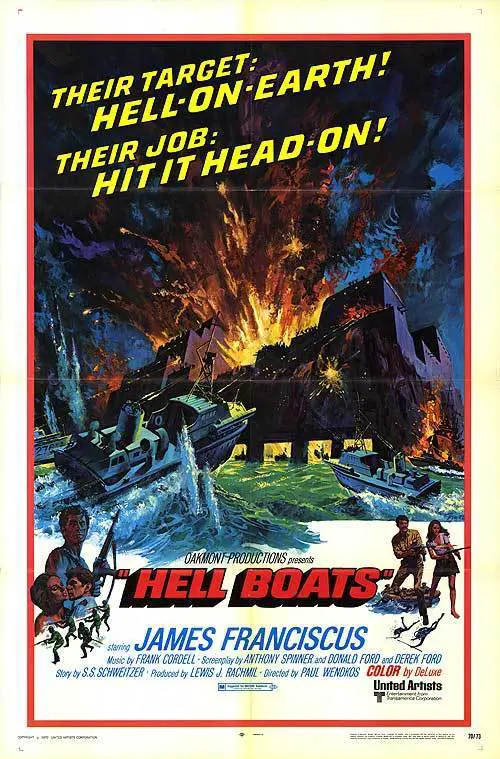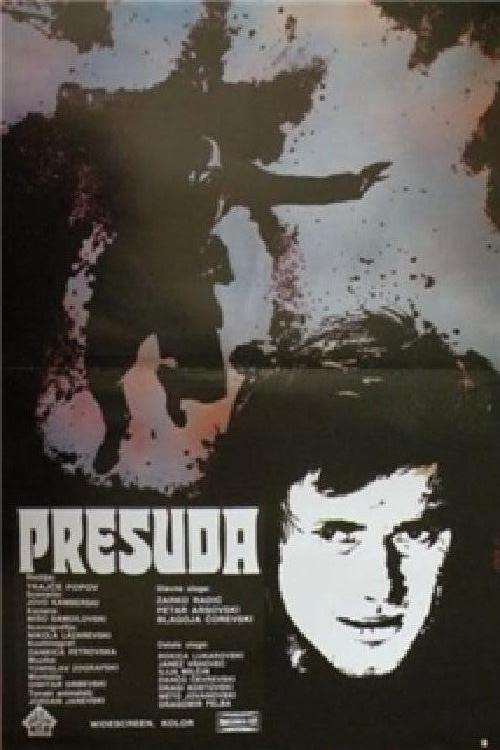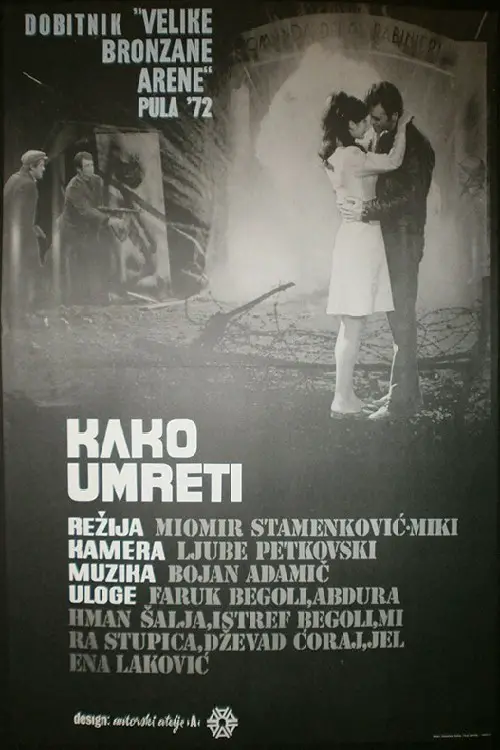A Trap for the General (1971)
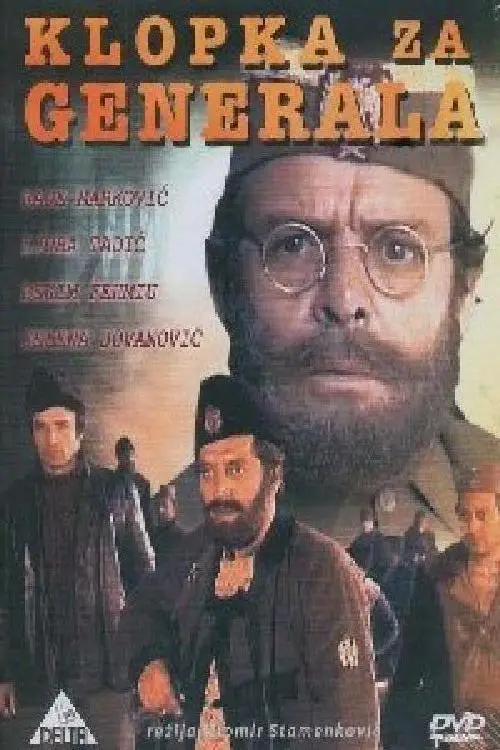
Similar movies
Silent Gunpowder (Serbo-Croatian: Gluvi barut) is a Yugoslavian war film Based on a novel by Branko ÄopiÄ and set during World War II, the film tells the story of a Serbian village in the mountains of Bosnia and its villagers who found themselves divided along two opposing ideological lines, represented by the Chetniks and the Partisans. These two opposing sides are personified in the Partisan commander Å panac and a former Royal Army officer RadekiÄ. Å panac sees RadekiÄ as the cause of villagers' resistance to the new, Communist, ideology and so the main plot axis is the conflict between them. At the 1990 Pula Film Festival, the film won the Big Golden Arena for Best Film, as well as the awards for Best Actor in a Leading Role (Branislav LeÄiÄ), Best Film Score (Goran BregoviÄ). The film was also shown at the 1991 Moscow International Film Festival, where both Branislav LeÄiÄ and Mustafa NadareviÄ won the Silver St. George Award for their performances.
Upon returning home at war's end, a young lieutenant discovers that his family has been murdered by the Nazis. It's all the handiwork of a treasonous "Chetnik," who during the war worked against the partisans on behalf of the Germans. In bitter retaliation, the lieutenant sets about to decimate the Chetnik's family. He stops short, however, when he realizes that the sins of the fathers are not always passed down to the innocent children.
Subtitled The Fighting Guerillas, Chetniks tells the story of Yugoslavian guerilla fighter General Draja Mihailovitch. Based on the General's own memoirs, the film depicts Mihailovitch (played here by Philip Dorn) as a selfless idealist, leading his resistance troops, known as the Chetniks, on one raid after another against the Germans during WW II.
THE FALLEN is a three-sided story about German, Italian, and American soldiers, set in Northern Italy during the final weeks of the World War II. On the one side, a group of American supply soldiers delivers ammunition to the front line, a journey that becomes a descent into hell, the success of the mission becomes less likely with every setback. On the other, a doomed German unit and their ragtag Italian partners struggle to maintain morale and discipline amongst their beleaguered troops in the face of certain defeat. Torn between these are the divided loyalties of the Italians, both fascist soldiers and communist partisans, who have turned brother against brother in a bloody civil war. The film looks at the everyday life of the soldiers, their encounters on the road, their hopes and dreams, and the differences in values, morals, and patriotism between the cultures at the end of that era.
New York trapper Tom Dobb becomes an unwilling participant in the American Revolution after his son Ned is drafted into the Army by the villainous Sergeant Major Peasy. Tom attempts to find his son, and eventually becomes convinced that he must take a stand and fight for the freedom of the Colonies, alongside the aristocratic rebel Daisy McConnahay. As Tom undergoes his change of heart, the events of the war unfold in large-scale grandeur.
Pretty Village, Pretty Flame (Serbian: Lepa sela lepo gore) is a 1996 Serbian film directed by Srdan Dragojevic that gave uniquely bleak yet darkly humorous account of the Bosnian War. It is considered a modern classic of Serbian cinema.[citation needed] Almost 800,000 people went to see the movie in cinemas across Serbia. This equates to approximately 8% of the total country's population at the time of the film's release. The plot, inspired by real life events that took place in the opening stages of the Bosnian War, tells a story about small group of Serbian soldiers trapped in a tunnel by a Muslim force. The film's screenplay is based on an article written by Vanja Bulic for Duga magazine about the actual event. Through flashbacks that describe the pre-war lives of each trapped soldier, the film describes life in former Yugoslavia and tries to give a view as to why former neighbours and friends turned on each other.
Harrison Lloyd is a Pulitzer-winning photojournalist. His wife and family are making it hard for him to keep his mind on his work when he's in a war zone, and he wants to change jobs to something less stressful. But he's got one last assignment, in war-torn Yugoslavia, in 1991, at the height of the fighting. Word comes back that he apparently died in a building collapse, but his wife Sarah (also a journalist for Newsweek) refuses to believe that he's dead and goes looking for him. She's helped immensely by the photo-journalists Eric Kyle and Marc Stevenson that she runs into over there; together, they're determined to make it through the chaotic landscape to Vukovar, which is not only the nexus of the war but where she believes Harrison is located. Meanwhile, Harrison's son Cesar is looking after his father's prized greenhouse, keeping hope, and flowers, alive.
In a Serbian village on Christmas Day in 1943, the Chetniks accept two downed American pilots and give them hospitality. However, finding out that the Germans are looking for pilots, the Chetniks change attitude towards them, disarming and shutting them off, but the pilots were able to escape. Palming off the corpses of two other killed prisoners to the Germans, who have since captured the real pilots, the Chetniks make local people enraged, despite their captain's attempts to cover up this wrongdoing, done on a public holiday.
Follow a group of international journalists into the heart of the once cosmopolitan city of Sarajevoânow a danger zone of sniper and mortar attacks where residents still live. While reporting on an American aid worker whoâs trying to get children out of the country, a British correspondent decides to take an orphaned girl home to London.
A true WW2 story: the British Navy must find and destroy a powerful German warship.Chronicles the breakout of the Bismarck during the early days of World War Two. Seen both from the point of view of the many naval vessels on both sides and from the central headquarters of the British where the search for the super battleship was controlled.
During the winter of 1944, the partisans stationed in the Ligurian Apennines must go to a factory in Genoa, in order to pick up a delivery of weapons. Meanwhile, there's a strike in the city and the Nazis are trying to suppress it violently. The factory becomes the scene of fighting between the Germans and the partisans but the latter, aided by the workers, will be able to get the better.
The horrors of war are examined from the view points of lifelong friends (Linus Roache, Vincent Perez), who end up on opposing sides in the civil war in Sarajevo. One is an expert marksman, who trains the snipers used to terrify the city and the other becomes a freedom fighter, who rejects his friend's offer to gain an escape from the city. As might be expected, the two eventually have to face-off against one another.
In the nineties the Yugoslavia Federation falls apart in bloody wars. Perpetual student Milan, a Serb from a patriarchal community and Kenan, a Muslim cellist, are a homosexual couple living in Sarajevo. Their lives, intimate and public, are shaken up by the aggression in Bosnia and Herzegovina, whose devastating consequences unfold in inter-ethnic hatred. Trapped in Sarajevo during the siege of the Serb forces, the lovers manage to flee to Milan's home village and there they take shelter, waiting for Milan's father, Ljubo, to find a way to the Netherlands. Witnessing the brutality of Serb forces and their hatred towards Muslims, Milan desperately improvises: he disguises Kenan as a woman and begins to present him as his wife, Milena, a secret discovered by Milan's best friend, Lunja. Milan is drafted into the army and the situation becomes almost unbearable for Kenan. His one companion, is Ranka, a waitress in a local café, a woman whose dark secrets terrify most of the villagers ...
Soviet agent Fedotov is air-dropped into Nazi occupied land. He changes over into Mr. Ekhert, a German entrepreneur wishing to take advantage of eastern worker slave labor in occupied Ukraine. Ekhert (Fedotov) enters into a partnership with a German entrepreneur who's son, Willie, is a high ranking Nazi. Together they go to Vinnitsa, Ukraine and start a factory. Fedotov begins seeking contacts with headquarters, but faces problems when a Ukrainian Nazi collaborator manages to infiltrate the Soviet partisans.
Yugoslav partisans grimly crop the hair of a village quintet of women believed to have consorted with the occupational Nazis. Four, for various reasons, have indeed - and their seducer is a lone, swaggering sergeant whom the partisans briskly emasculate. Escorted out of town by the sheepish Nazis, the forlorn ladies link up, patriotically and romantically, with a band of tough mountain guerrillas. Written by alfiehitchie
Set amid the atrocities of war in the Balkans, Witnesses is retold, Rashomon-style, from various characters' viewpoints, adding new information about the complexity of war and humanity. Beginning inside a rustic house with a woman in black (Mirjana Karanovic) standing beside her husband's coffin, Witnesses interweaves the stories of a small town confronting ethnic hatred and deep moral ambiguities.
Based loosely on the poem by Rudyard Kipling, this takes place in British India during the Thuggee uprising. Three fun loving sergeants are doing fine until one of them wants to get married and leave the service. The other two trick him into a final mission where they end up confronting the entire cult by themselves as the British Army is entering a trap.
Future "first couple" Ronald Reagan and Nancy Davis made their only joint film appearance in Hellcats of the Navy. Ronnie plays Casey Abbott, commander of a WW2 submarine, while Nancy portrays navy nurse Helen Blair, Abbott's off-and-on girlfriend. During a delicate mission in which his sub is ordered to retrieve a revolutionary new Japanese mine, Abbott is forced to leave frogman Wes Barton (Harry Lauter) behind to save the rest of his crew. But Abbott's second-in-command Don Landon (Eduard Franz) is convincing that Abbott's sacrifice of Barton was due to the fact that the dead man had been amorously pursuing Helen.
The invasion of a village in Byelorussia by German forces sends young Florya (Alexei Kravchenko) into the forest to join the weary Resistance fighters, against his family's wishes. There he meets a girl, Glasha (Olga Mironova), who accompanies him back to his village. On returning home, Florya finds his family and fellow peasants massacred. His continued survival amidst the brutal debris of war becomes increasingly nightmarish, a battle between despair and hope.
A final episode in the trilogy about the Russian partisan's resistance during WWII. The film is set in 1944, when Russian partisans are making progress in their fighting against the Nazi occupation of Russia, Poland and Czechoslovakia. Lt. Colonel Mlynsky is now in charge of an international clandestine operation. He is the commander of the special group of partisan-fighters. Mlynsky is organizing the Russian, Polish and Czechoslovakian partisans to join forces for an attack behind the enemy lines.
A second episode in the trilogy about the partisans fighting against the Nazis during the WWII on the territory of Russia. Film is set in the winter of 1943-1944. Major Mlynsky is the commander of the partisan group, that is fighting behind the Nazi's front-lines. Major Mlynsky is invited to the Chief of Staff, where he is promoted to Lt.-Colonel for his courage. Now Mlynsky is in charge of the new partisan's operation.
In the conflict with the enemy in one battle lost in advance, the risk to die in vain, partisan Mitko Angelov, fleeing from the battlefield. He climbs onto the train and goes to see his mother, who has just returned from internment. When he returned to the brigade, Mitko was declared a deserter and was disarmed and bound. Since he lost his weapon, the Commissioner sent him to patrol the action to take weapons from the Germans. All partisans patrol that went with him dying and the only Mitko and Vane, who was seriously injured remain alive. Thinking it was dead Vane, Angelov returns to the brigade. But the commander did not believe him, thinking that he had fled from the battle, and that is why the prison in the basement. In the meantime, get wounded fighter Vane, and the story of the heroic struggle led by Mitko. But at the same time, a military court condemned him to death for desertion.
© Valossa 2015–2024

